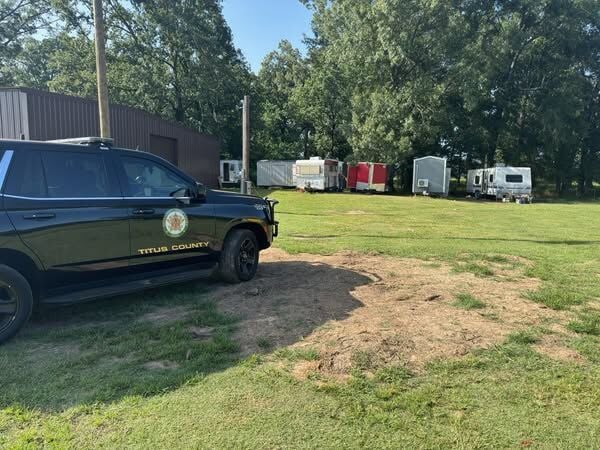Henderson and Cheek: More needed in rural Texas to combat fentanyl
Published 6:00 am Friday, March 1, 2024
Across the state, local communities have been devastated by one of the most critical threats of our time: fentanyl.
Texans are facing the harsh reality that not only is the fentanyl crisis real, it’s in our backyards, infiltrating communities and affecting our loved ones. On any given day, five Texans die from fentanyl poisoning, underscoring the severity and urgency of the issue.
Despite common misconceptions, fentanyl’s grip extends far beyond major cities or urban cluster areas, with rural areas facing unique challenges.
There has been significant progress made in the fight against fentanyl, with Texas lawmakers enacting strong measures in the 88th legislative session. These actions have resulted in improved access to overdose treatments in schools, stronger punishments for fentanyl-related crimes and mandated fentanyl poising awareness and curriculum in schools. While these efforts should be applauded, there is still much to be done.
Rural Texans need more treatment options, more educational resources and more organized community support from elected leaders in small towns and counties. Unfortunately, Texas consistently ranks among the worst in the nation in access to health care, with rural communities facing the brunt of this problem. People who live in these communities often do not have the resources needed to address our most pressing health care problems.
The first step is broader education about the crisis and the need to talk openly to our students, children and at-risk populations about the dangers of fentanyl. Victims of fentanyl are often unaware of the lethal presence in counterfeit prescription pills, which have infiltrated social media, or other substances like recreational drugs. Fentanyl is so dangerous that deaths from fentanyl poisoning make up 96 percent of all opioid deaths in Texas.
The state’s One Pill Kills campaign has distributed 80,000 units of overdose reversal agent Naloxone to Texas counties and first responders, saving lives across the state. This is incredible progress in just over a year, however, the program lacks funding to distribute all FDA-approved opioid reversal medication doses and formulations. More potent and longer-acting synthetic opioids have created challenges for opioid reversal agents, often necessitating multiple doses of naloxone to stop the effects of a person experiencing overdose.
We know that time is of the essence in the event of an overdose. In rural communities, which can face ambulance deserts and resource limitations, we must equip our first responders, educators, parents and broader community with all the tools needed to save lives.
Fentanyl has proven itself to be one of the greatest challenges we face as a state, and it does not discriminate. We are asking our elected leaders to include all FDA approved opioid fighting medications in funding mechanisms at the state, county, and municipal levels. Innovation is welcome and necessary to address this silent killer.






